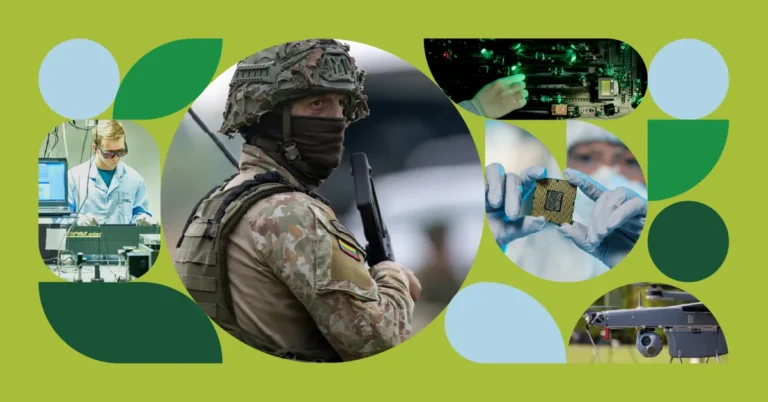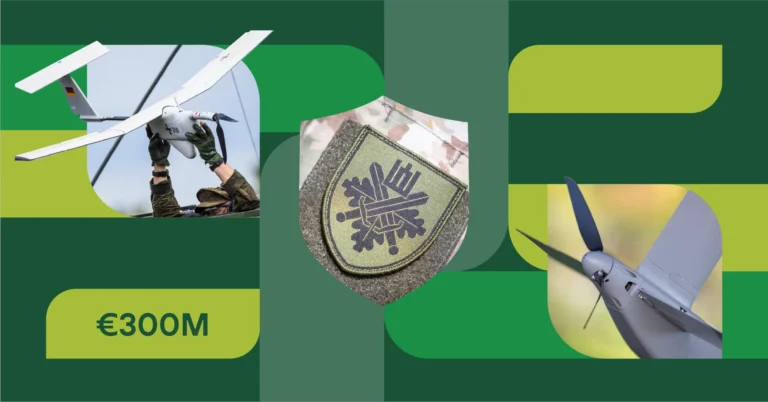Vilnius or Kaunas? This was the question asked by the company Callcredit before entering the Lithuanian market. Three years ago the company chose the former capital of Lithuania and opened the company’s largest foreign office in Kaunas. Callcredit explained why they invested in Kaunas rather than Vilnius.
The choice of the international company: why was Vilnius bypassed for Kaunas?
As a rule, companies give priority to Vilnius. Callcredit, the credit risk management and financial services company, whose main headquarters is located in Leeds, acted in a different way by establishing its office in Kaunas, where it is located on the third floor of Žalgiris Arena.
The arena, which is the largest in Lithuania, was the most suitable for the company, which has a team of 150 employees. The total investment of the IT company in Kaunas was approximately 17 million euro.
The huge pool of talent brought them to Kaunas
[quote text=”We were among the first large investors in Kaunas. We are talking about competitive advantage – it is better to be a large fish in a small pond than to be a small fish swimming among sharks.” name_surname=”Dainius Aksinavičius” description=”Head of Callcredit Operations” left=””]
What was the reason for Kaunas surpassing Vilnius in this particular case? The first criterion was the institutions of higher education. ‘Our selection depended on the search for skills. The company is growing very fast and the main problem facing us in Leeds was the lack of skills, especially in the IT sector. Then the decision was made to go to Lithuania.
The natural question was: which city to go to? Kaunas was chosen for several reasons. The main reason was the presence of the talent incubator Kaunas University of Technology. I believe it to be the best university in Lithuania preparing IT professionals. They are our most significant need’, Dainius Aksinavičius, Head of Callcredit Operations told DELFI.
Mr. Aksinavičius also frankly admits that the other important factor was that they would face less competition in Kaunas. ‘Another reason was competition. If we analyse the situation that existed 3 years ago, we saw that there were already large corporations in Vilnius. On the other hand, in Kaunas there were no giant corporations and no foreign investments.
We were among the first large investors in Kaunas. We are talking about competitive advantage – it is better to be a large fish in a small pond than to be a small fish swimming among sharks’, says the head of Callcredit operations in Lithuania.
Apart from that, Kaunas residents are considered to be more loyal to their employers compared to employees in Vilnius. ‘We analyse the past and make conclusions. I have worked in Vilnius, as well as in Kaunas; and everything is again related to competition. When supply increases and employees start hopping from one employer to another, different values emerge. We did not experience that in Kaunas and this is valuable to an employer. If we look at employee turnover, it is lower in Kaunas. This indicates loyalty to the employer’, Mr. Aksinavičius explains.
Direct flights from Kaunas to Leeds another important factor.
Work schedule is flexible
Mr. Aksinavičius has noticed that competition in the IT sector is growing. ‘Competition, especially in the IT sector, is increasing’. But he notes that competition among employees with general education and a general profile is not increasing. ‘If you want to create a business process outsourcing centre, you can easily find 300, 400 or 500 employees in Kaunas or in Vilnius’, says Mr. Aksinavičius.
The work climate in the Callcredit office in Kaunas is extremely free. There are several recreation zones, a library, and two kitchens at the disposal of staff. They can also play table football or Play Station games. Since the office is in the arena where the space is in the form of a semicircle, the opposite sides can be reached by scooter. ‘I think that the days when you worked from 8 AM to 5 PM are over. We have to look at the productivity of employees. There are tasks that have to be accomplished in the evening. People come in the morning, they take a break during lunchtime and do exercise and return home in the evening. We have a flexible approach to time and work hours’, Mr. Aksinavičius explains.
Read full article in Lithuanian at delfi.lt













